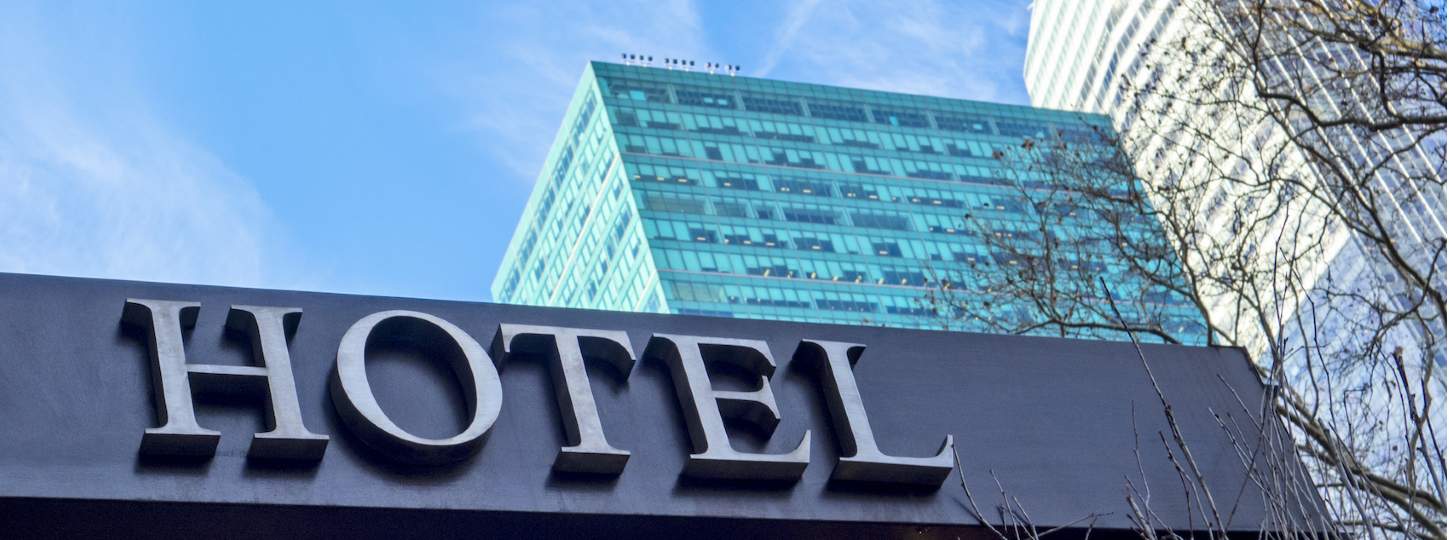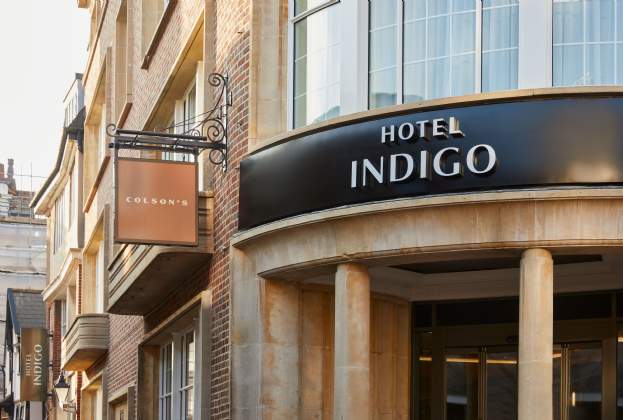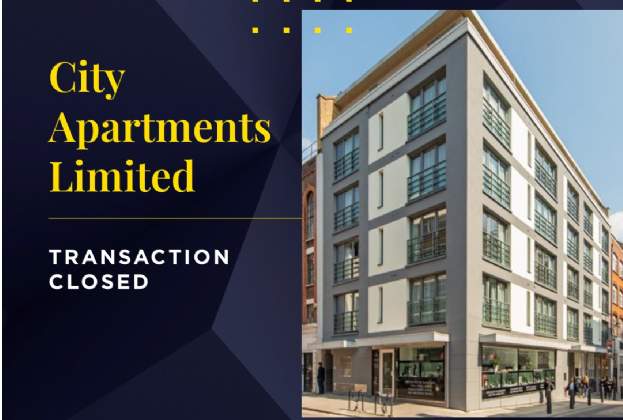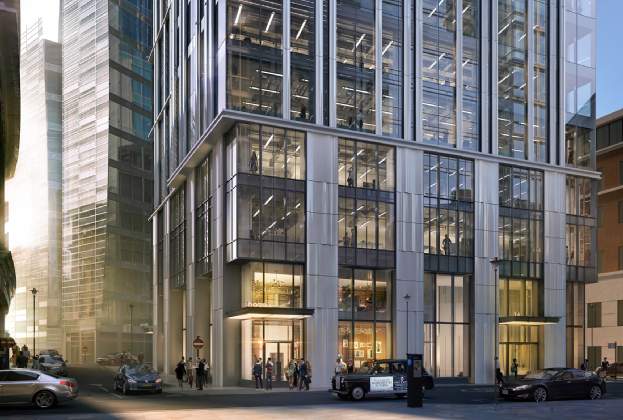‘Who controls the past, controls the future,’ wrote George Orwell in 1984. Looking back into past crises may be the key to predicting how hotel investment markets around the globe may recover post-Covid-19. By analysing 9/11 and the Global Financial Crisis (GFC), and their effects on hotel markets in the US and Europe, a clear pattern emerges. While the speed of recovery differs, the metrics are the same: the value of a hotel is the first to recover, then investment volumes and then performance.
So how long are we talking about? After the GFC, it took four and a half years for revenue per available room (RevPAR) to recover in the US and six years to recover on average across Europe, with the stronger economies such as Germany, UK and the Netherlands recovering much quicker.
When we break this recovery down further we see that price per key was, on average, always the first to recover, followed by transaction volumes and market confidence and then RevPAR. The trend was also the same when evaluating the hotel market recovery following 9/11.
Looking at individual hotel markets and segments, we expect to see a two-track recovery. The budget segment, including domestic leisure, and the high-end and boutique leisure luxury will, on average, perform better than hotels in urban conference and business centres which rely heavily on corporate demand such as La Défence in Paris or Canary Wharf in London.
There is also a lot of money chasing deals and investment opportunities in this market which is unlike in the immediate aftermath of the GFC suggesting that, while performance could take three to five years to recover, the value will likely recover a lot sooner.
Entities and funds, such as HB Titan, Activum and Azora and others have been formed to target distressed and challenged situations and most of the larger (predominately US-based) private-equity funds have raised billions in the last 12 to 24 months to be deployed into the sector.
Most of those funds are seeking multi-strategy deployments including special situations, debt, portfolio investment recapitalisations in addition to traditional equity investments.
This doesn’t mean there is significant distress in the sector. While currently there is some discounting to the 2018-2019 pricing it’s not as deep as you would expect. Additionally, we haven’t yet seen distressed selling because of Covid-19 in any material volume.
This is because asset owners do not currently need to sell and banks and lenders learned to proceed with caution following the GFC and are better positioned to weather this storm. Various governments had furlough and support schemes and in most cases the banks and lenders have worked with the sponsors to preserve the value for both the shareholders of the bank and their clients.
By the end of next year and into 2023, and in the absence of any new rampant mutant strain of Covid-19 or a material and sustained stock market bubble bursting, we can expect values to have recovered across the board. Once confidence is back, performance and value growth will follow.
Of course, there will be situations which don’t follow the average recovery trajectory of value, then volumes, then performance, but it is important to be aware of when deciding to dispose of, or purchase, a hotel in a given market at the right point in time of the current cycle.






.jpg)
.jpg)


.jpg)